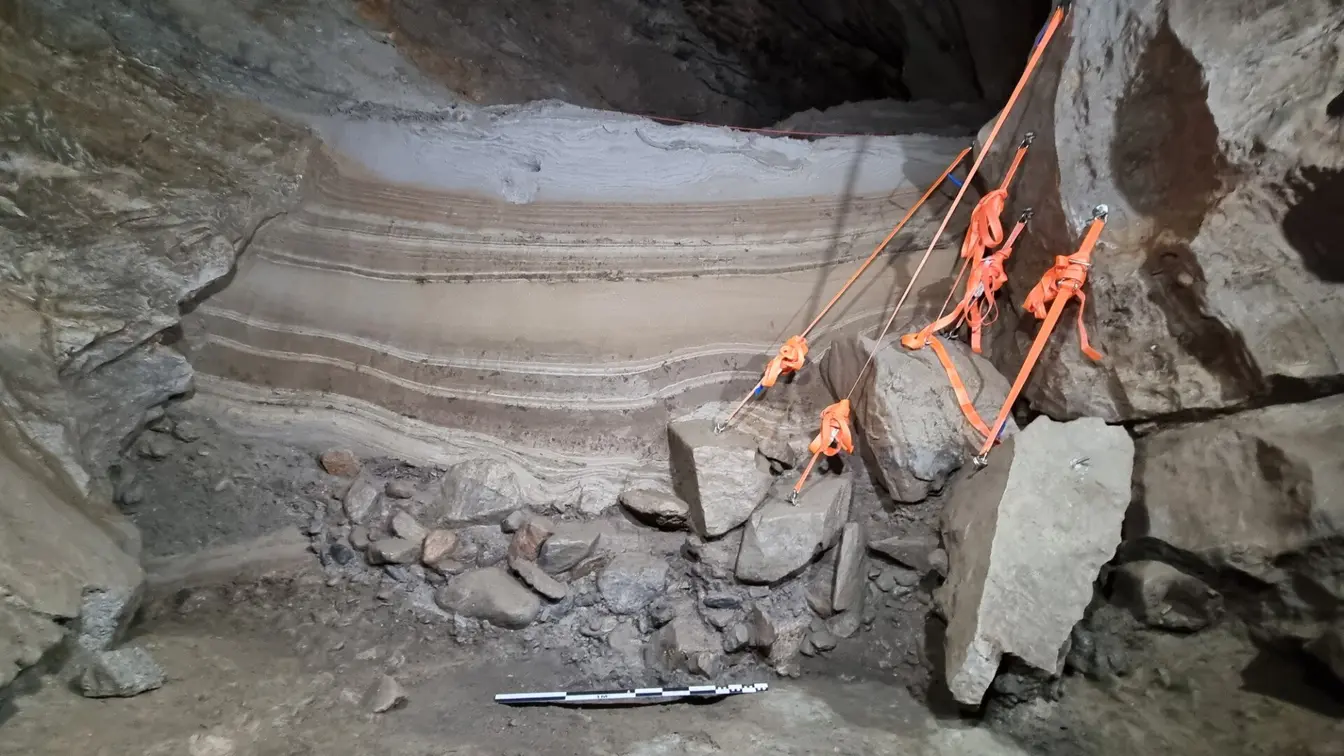T4K3.news
Ancient razor-toothed whale found in Victoria
A well preserved skull reveals new clues about early whale evolution along the Surf Coast.
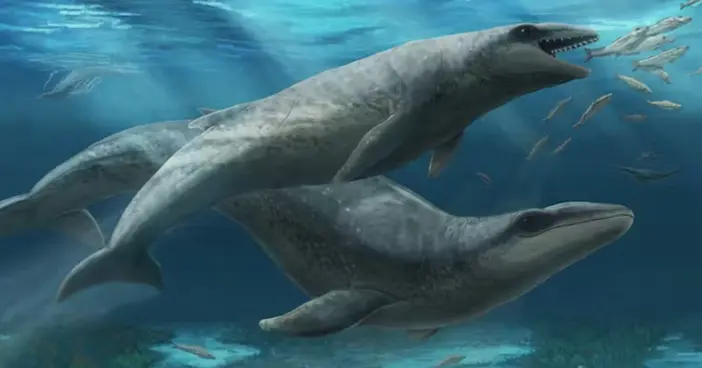
Paleontologists describe Janjucetus dullardi as a dolphin-sized predator with sharp teeth from the Oligocene era found on Victoria's Surf Coast.
Razor-toothed ancient whale found in Victoria reshapes whale history
Australian scientists from Museums Victoria report the discovery of a razor-toothed whale from the Oligocene era. A remarkably well preserved skull found on Victoria's Surf Coast in 2019 allowed researchers to identify a new species, Janjucetus dullardi, a member of the mammalodontids. The animal would have been about the size of a dolphin and featured sharp slicing teeth. Researchers describe it as a fast predator with big eyes, a combination that suggests a hunter built for speed over size. The animal belongs to an extinct family related to today’s filter feeders, marking another step in the early evolution of whales.
The find comes from the Jan Juc Formation, dating to about 23 to 30 million years ago. It adds to a string of rare fossils found along the Surf Coast and makes Victoria a key site for studying whale evolution. Palaeontologist Erich Fitzgerald says the region is a cradle for unusual whales and that the discovery helps rewrite how whales adapted to life in the sea. The study, published in the Zoological Journal of the Linnean Society, notes that this is the fourth known mammalodontid species and the third identified in Victoria since discoveries in 2006 and 1939.
Key Takeaways
"It's essentially a little whale with big eyes and a mouth full of sharp, slicing teeth."
Duncan on Janjucetus dullardi
"This region is rewriting the story of how whales came to rule the oceans, with some surprising plot twists."
Fitzgerald on regional significance
"If they were alive today, they would be as iconically Australian as a kangaroo."
Fitzgerald on local ties
The broader impact is not just a new species. It shows how quickly whale bodies and feeding strategies evolved in the open ocean. The find also highlights the value of regional fossil sites for turning old whispers into firm facts.
Naming the species after local finder Ross Dullard illustrates how citizen science and local connections help science reach the public. Yet the story also invites discussion about how naming and local pride shape public interest and funding. The point remains that the past still has surprises for us, especially on coastlines where land meets sea.
Highlights
- Tiny eyes, teeth of a hunter ready to bite
- A beach fossil that rewrites whale history
- Citizen science meets deep time on Victoria's coast
- Local discovery, global impact on whale evolution
The coast still holds stories the past wants to tell, if we listen.
Enjoyed this? Let your friends know!
Related News
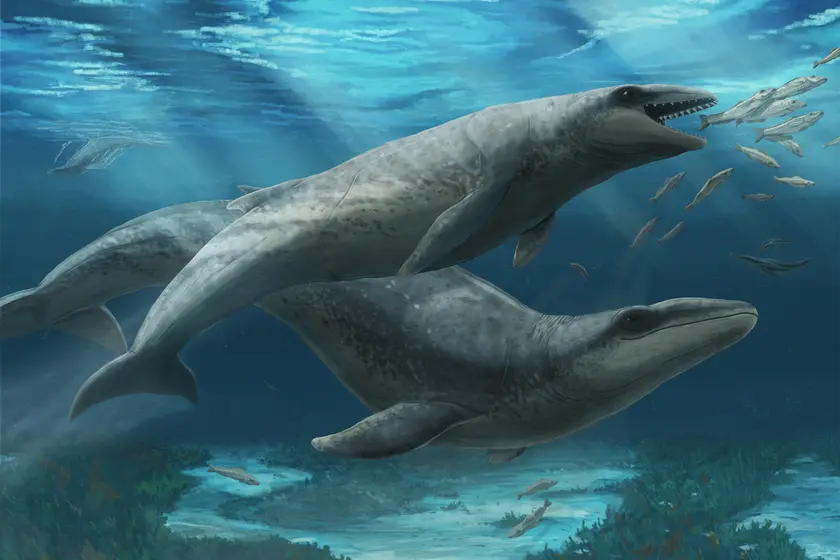
Ancient whale Janjucetus dullardi found off Victoria
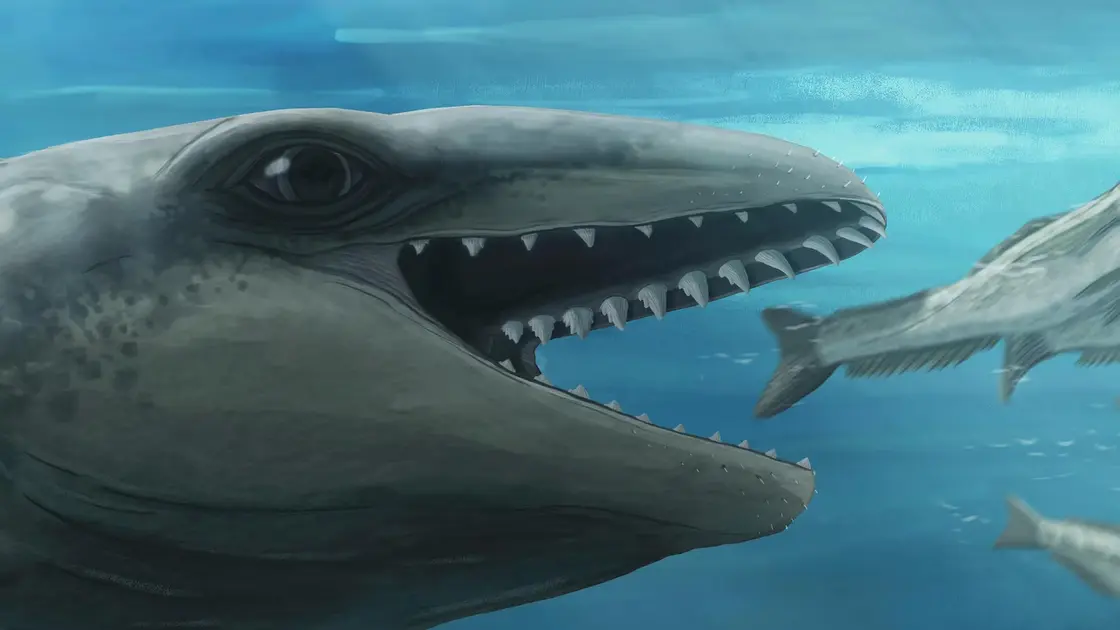
New early whale uncovered
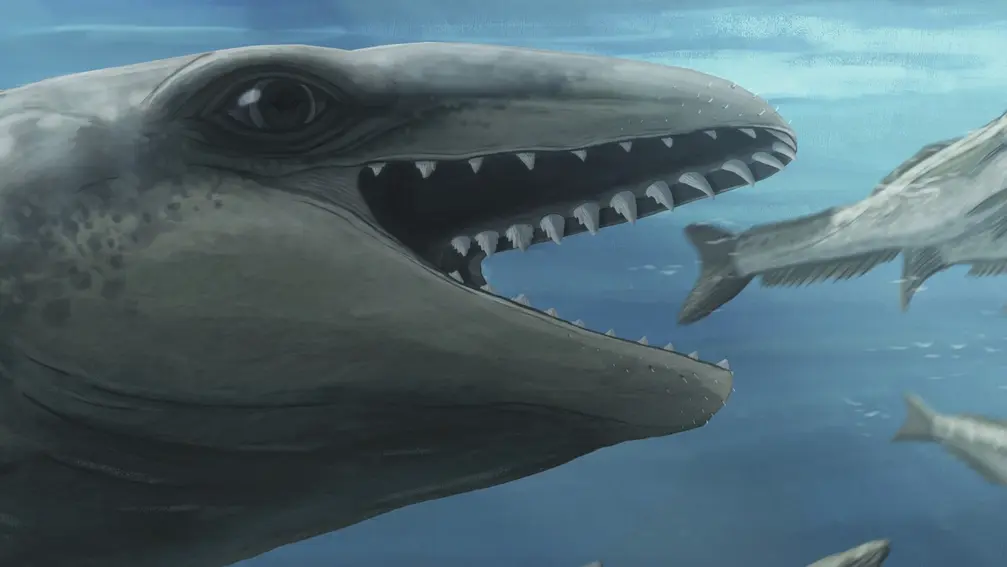
Tiny whale ancestor reshapes whale history
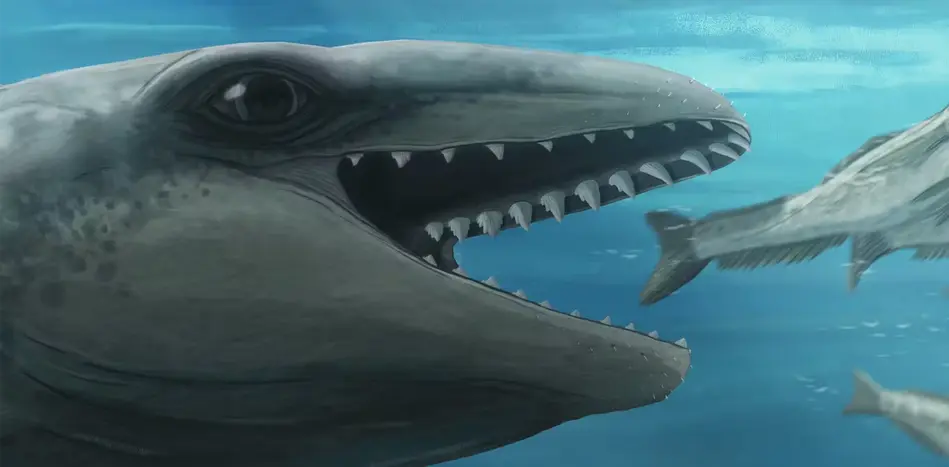
Tiny ancient whale discovery in Victoria
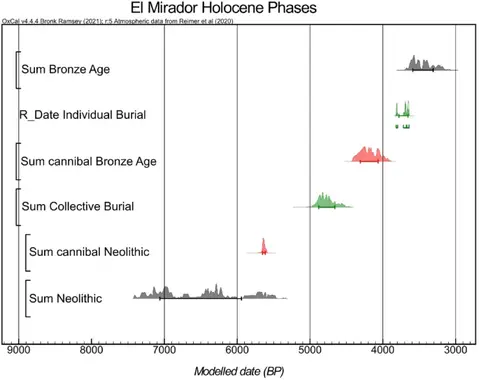
New evidence reveals cannibalism in ancient Spain
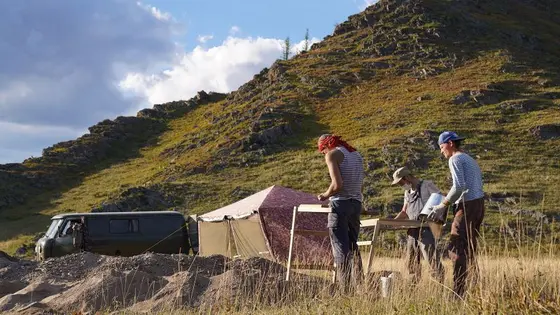
Bronze Age sheep reveals ancient plague path
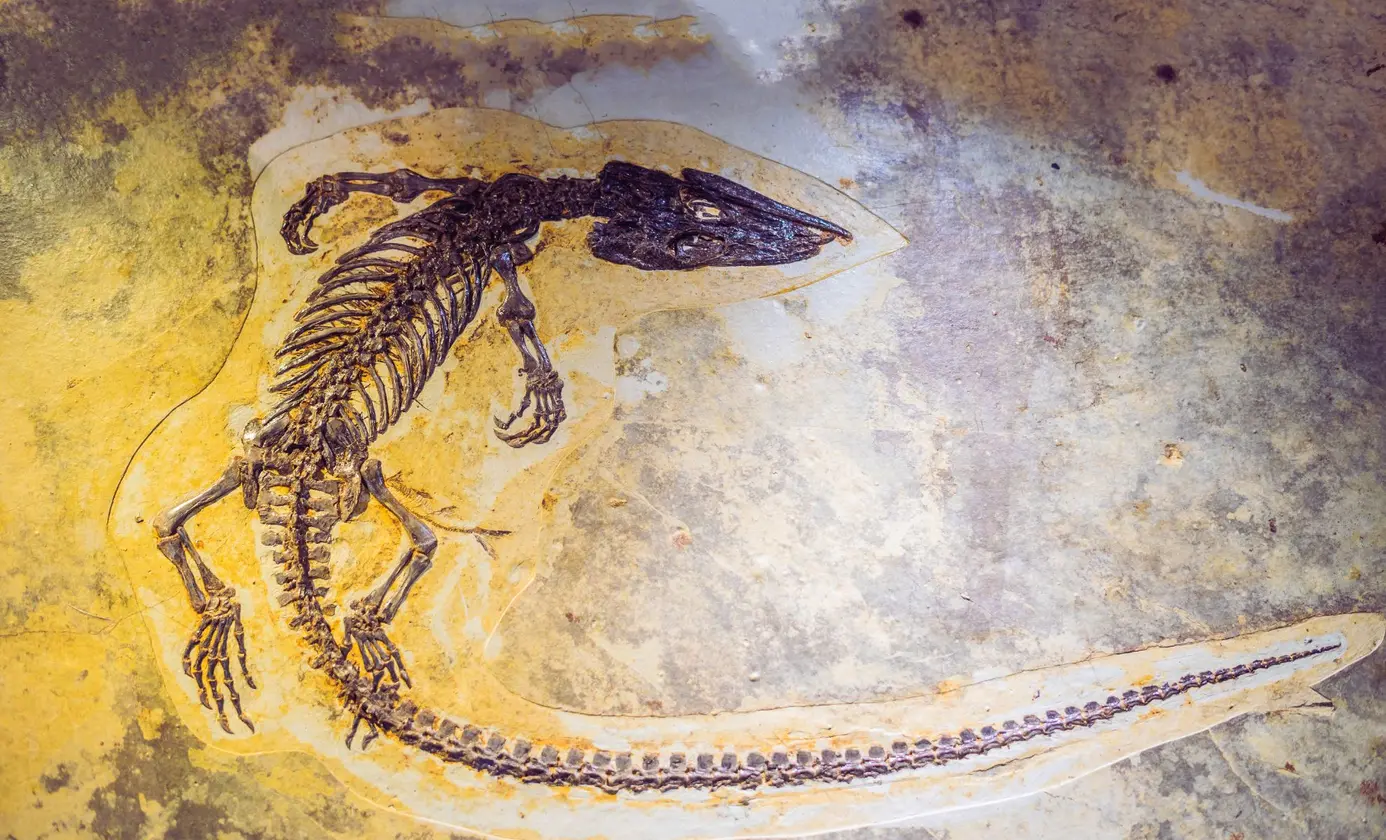
Oldest docodontan fossil found in Greenland
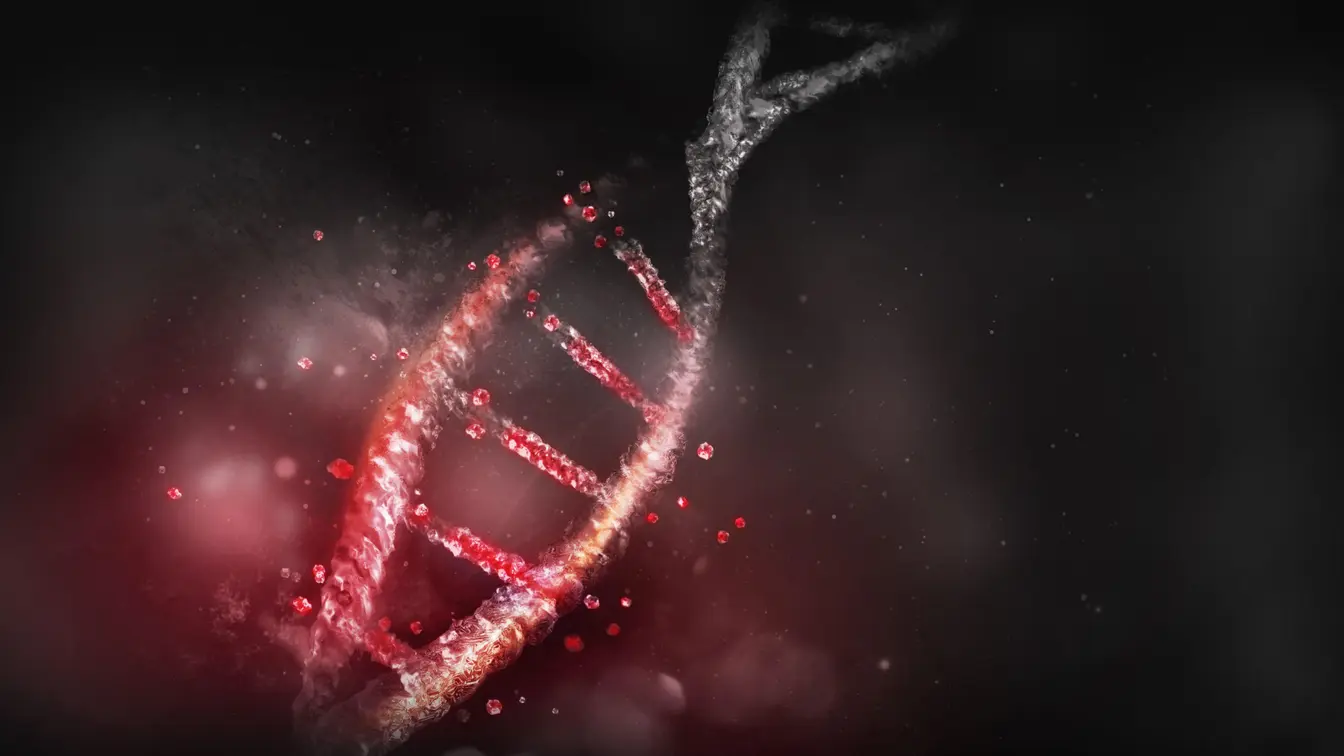
Proteins Extend the Human Evolution Narrative Beyond DNA
